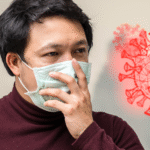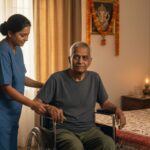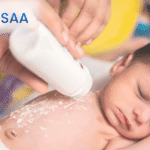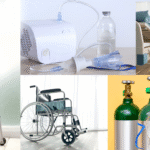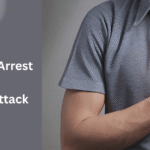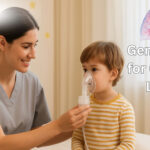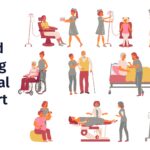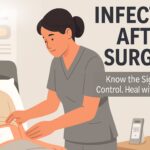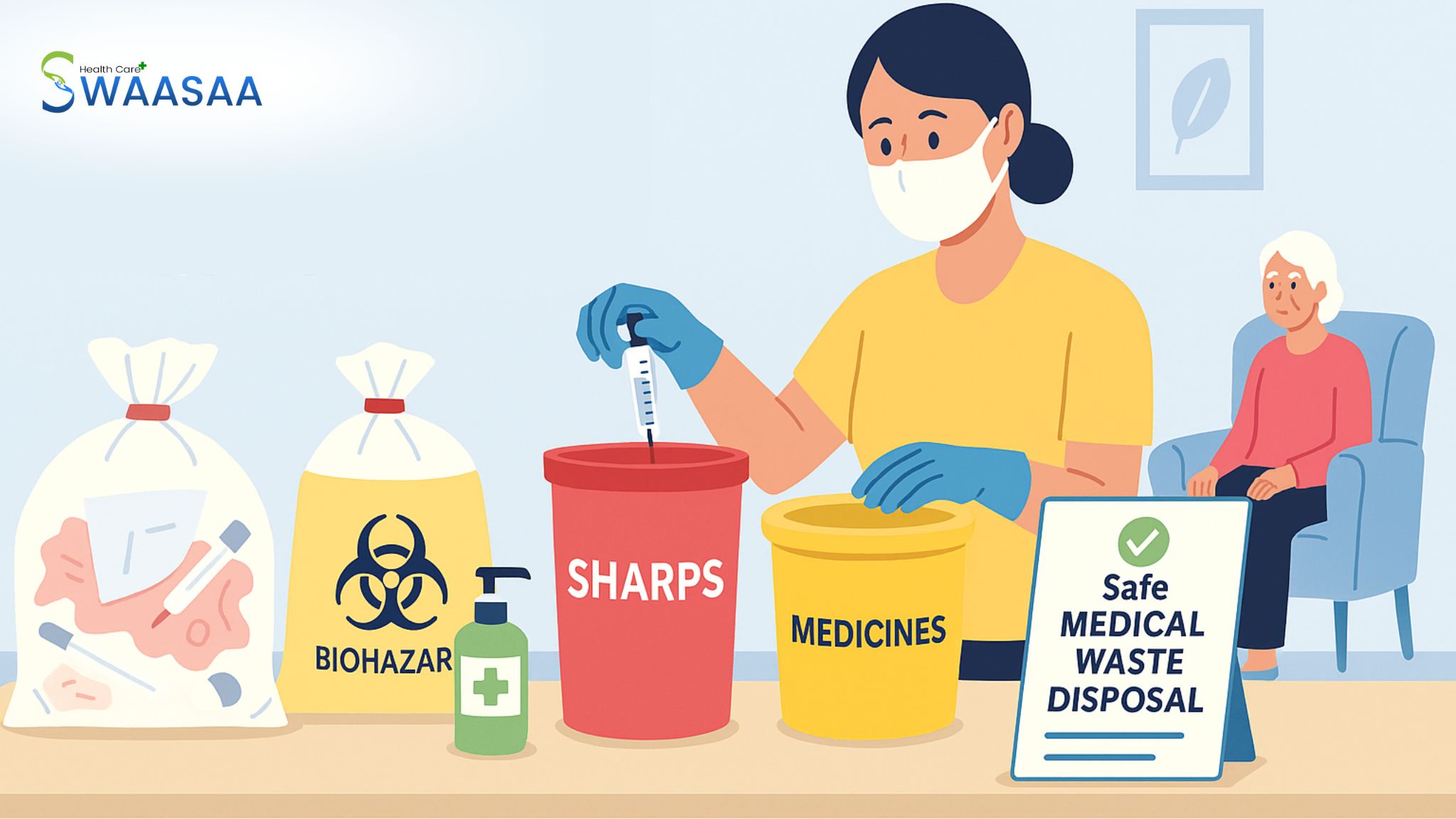
Managing health at home, whether it’s caring for a loved one after surgery, managing a chronic illness, or even daily medication use, often raises an important question: how do we handle the medical waste we generate? From used syringes and dressings to expired medicines, safe medical waste disposal is essential to protect not just your family, but also the community and environment.
Why Medical Waste Needs Special Handling
Medical waste at home may seem harmless, but improper disposal can cause serious harm. Used needles, blood-stained bandages, or even unused pills can spread infection, injure sanitation workers, and pollute water or soil. When medical items are mixed with regular garbage, they pose risks far beyond your household.
This is why it’s important for families and caregivers to follow proper waste separation and disposal practices even at home. Doing so not only helps prevent accidents and contamination but also builds a culture of safety and responsibility.
Types of Medical Waste Found at Home
Understanding what qualifies as medical waste is the first step. Here are some common examples you may encounter during at-home care:
- Used syringes, needles, or lancets (sharps)
- Bandages, gauze, and cotton with blood or body fluids
- Expired or unused medications
- IV bags or tubing
- Gloves, masks, and other PPE
- Sanitary napkins or adult diapers (in some cases)
Each of these categories needs to be handled differently. Treating them all the same can create contamination risks and make disposal harder for municipal systems.
How to Dispose of Medical Waste Safely at Home
1. Use a Dedicated Sharps Container
Never throw used needles or lancets directly into household bins. Instead, use a hard plastic container (like a thick laundry detergent bottle) with a screw lid to collect them safely. Label it clearly as “Sharps” and seal it before handing it over to a pharmacy or local disposal center that accepts sharps.
2. Separate Contaminated Materials
Items like used bandages, gloves, or dressings should be sealed in leak-proof bags. If visibly soiled with blood or fluids, wrap them tightly and mark the bag before placing it in the waste bin. Some regions provide red or yellow bags specifically for biomedical waste check with your local health department.
3. Don’t Flush or Toss Expired Medications
Flushing medicines down the toilet or sink can contaminate water sources. Instead, take expired or leftover medications to a pharmacy collection program, medical camps, or community disposal drives. Some areas have secure drop boxes for pharmaceutical waste.
4. Use PPE When Handling Waste
Always wear gloves when disposing of any medical materials. Wash your hands thoroughly afterward, even if gloves were used. This helps minimize the risk of infection or cross-contamination, especially when caring for immunocompromised patients or elderly individuals.
Check Local Guidelines for Medical Waste Disposal
Regulations vary depending on your city or state. Some places offer medical waste pickup or designated drop-off points. It’s worth calling your local municipal office or healthcare provider to ask about available services. Many urban areas in India, for example, have introduced biomedical waste segregation systems for homes with patients undergoing treatment.
If you’re working with a home nursing service or caregiver, ask if they provide or recommend waste handling and removal support.
Final Thoughts: Protecting Health Begins with Responsible Disposal
Medical waste disposal is not just a healthcare issue it’s a human issue. By taking simple, consistent steps at home, you protect your family, sanitation workers, and the planet. Every properly disposed bandage or safely stored syringe reduces the risk of harm and shows that you care deeply and responsibly.
Whether you’re a caregiver, a patient, or someone managing home recovery, make disposal a part of your healing routine. Small actions create safer homes and healthier communities one safely sealed bag at a time. If you are someone who barely has time to take care of your loved ones as a professional you can always hir help. Make your life easy and smooth with caregivers.
